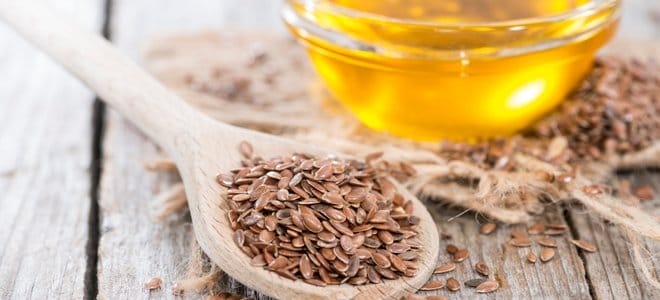Raw or boiled?

Linseed Oil is a common carrier used in oil paint. It can also be used as a painting medium, making oil paints more fluid, transparent and glossy.
Which is the right Linseed Oil for the job: Raw or Boiled?
Raw Linseed Oil dries very slowly, taking weeks to fully cure. You should limit its use to the insides of wood gutters, chopping blocks, sawhorses, and other items exposed to the elements where drying time is not a consideration. Slow drying is a mixed blessing. For oil-based paints slow drying is a benefit since this allows the paint to “level” itself, giving a smoother finish with fewer brush marks. The best looking paint jobs are invariably oil paint jobs. However, when used as a wood preservative for items that are handled or walked on, such as tool handles, furniture, or wood decks, long drying times are undesirable, so Boiled Linseed Oil should be used.
Boiled Linseed Oil Common Uses
– Restores and enhances natural wood.
– Penetrating surface sealer that Polishes, Varnishes, Lubricates & Protects.
– Slows down water penetration in wood in low-moisture areas.
– Used on wooden: Furniture, Doors, Floor Surfaces, Tool handles, Gun stocks.
– May be used as an additive in oil-base paints particularly artist’s colours to increase gloss.
– Commonly used as a polish to maintain oiled wood and natural finishes. A 40% Boiled Linseed Oil, 60% Mineral Turpentine blend wiped over indoor wooden furniture can enhance & improve its appearance. Repeat as needed every 6 – 8 weeks.
– Boiled Linseed Oil is treated with effective drying agents, which ensures quick drying time & reduces the possibility of a sticky finish. Raw Linseed Oil is mainly for outdoor use & Boiled Linseed Oil is mainly used indoors.
– Boiled Linseed Oil is not suitable to feed horses as it is solvent extracted and has drying agents added to it. Raw Linseed Oil is cold pressed and is suitable to feed horses.
– Provides a light golden stain for wood such as pine.
– Boiled Linseed Oil is excellent for finishing and maintaining wooden furniture and wood floors. Mixing Linseed Oil with Pure Turpentine (2/3 Linseed Oil to 1/3 Pure Turpentine) creates an “Oiled Finish” on fine furniture and wood paneling and a durable finish that does not need waxing. Linseed Oil penetrates into the wood and creates a water and alcohol resistant surface without altering the natural colour of the wood when dry.
– Traditional wood finish and preservative, processed to dry faster than Raw Linseed Oil. May be used as an additive for oil-base paints particularly artist’s colours to increase gloss.
Raw Linseed Oil Common Uses
– Restores, Enhances & Protects untreated timber.
– Slow drying, cold pressed natural oil. Helps wood retain its natural moisture content, aids water repellence and retards cracking, checking, and shrinking.
– Commonly used as a polish to maintain oiled wood and natural finishes.
– Improves and delays weathering of Outdoor Furniture.
– Used on wooden: Outdoor Furniture, Cricket Bats, Baseball Bats, Hockey Sticks, Archery Equipment, Croquet Mallets, Saw Horses, Ladders, Benches, Bench Blocks, Salad Bowls, Utensils & Chopping Boards.
– Best results are obtained when Linseed Oil is mixed 50:50 with Mineral Turpentine. The mixture is wiped on and immediately wiped off with a clean rag.
– Raw Linseed Oil is mainly for outdoor use & Boiled Linseed Oil is mainly used indoors.
– Raw Linseed Oil is lighter in body and penetrates deeper into wood than Boiled Linseed Oil, so it is sometimes used on light coloured woods as a light stain to bring out the grain and give protection against water stains.
– Linseed Oil makes an attractive and decorative finish.
– Raw Linseed Oil is cold pressed and is suitable to feed horses.
-Treatment for putty manufacture, wood preservation, sealants, caulking compounds, brake linings, linoleum, textiles, and foundry products.
– Used in leather treatment products, polishes, and animal care product.
IMPORTANT NOTE: Rags soaked in Linseed Oil are dangerous if left in a pile as spontaneous combustion may occur. That means that a chemical reaction creates heat and the rags can begin to smoulder and burst into flame. All oil-soaked rags should be washed immediately or disposed of in a container of water and detergent. For temporary storage, dampen the rag and hang flat, not crumpled in a wad.
Try out your Linseed Oil today!
